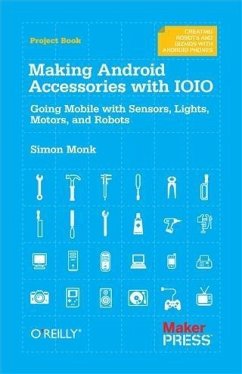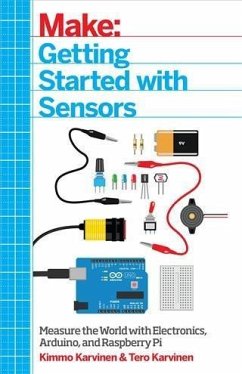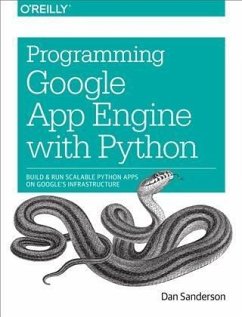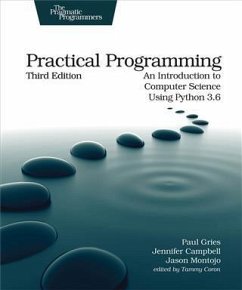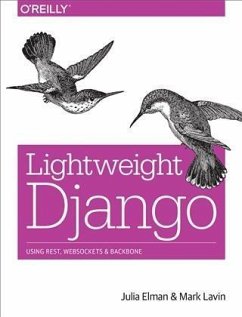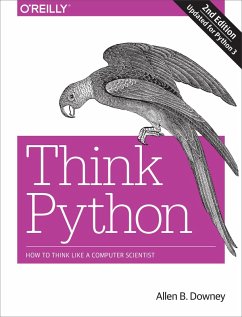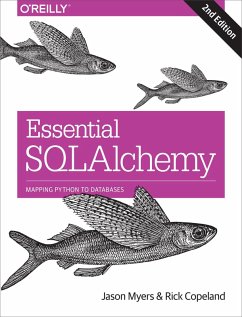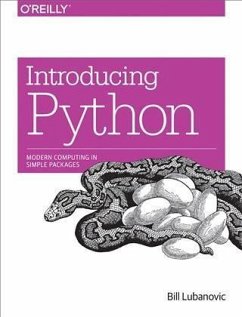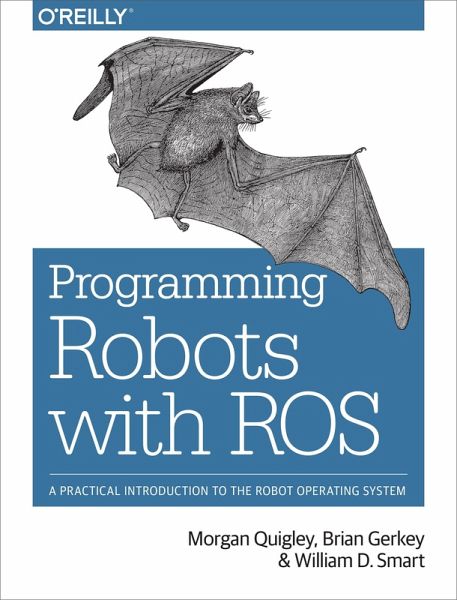
Programming Robots with ROS (eBook, PDF)
A Practical Introduction to the Robot Operating System

PAYBACK Punkte
13 °P sammeln!
Want to develop novel robot applications, but don't know how to write a mapping or object-recognition system? You're not alone, but you're certainly not without help. By combining real-world examples with valuable knowledge from the Robot Operating System (ROS) community, this practical book provides a set of motivating recipes for solving specific robotics use cases.Ideal for enthusiasts, from students in robotics clubs to professional robotics scientists and engineers, each recipe describes a complete solution using ROS open source libraries and tools. You'll learn how to complete tasks desc...
Want to develop novel robot applications, but don't know how to write a mapping or object-recognition system? You're not alone, but you're certainly not without help. By combining real-world examples with valuable knowledge from the Robot Operating System (ROS) community, this practical book provides a set of motivating recipes for solving specific robotics use cases.
Ideal for enthusiasts, from students in robotics clubs to professional robotics scientists and engineers, each recipe describes a complete solution using ROS open source libraries and tools. You'll learn how to complete tasks described in the recipes, as well as how to configure and recombine components for other tasks. If you're familiar with Python, you're ready to go.
- Learn fundamentals, including key ROS concepts, tools, and patterns
- Program robots that perform an increasingly complex set of behaviors, using the powerful packages in ROS
- See how to easily add perception and navigation abilities to your robots
- Integrate your own sensors, actuators, software libraries, and even a whole robot into the ROS ecosystem
- Learn tips and tricks for using ROS tools and community resources, debugging robot behavior, and using C++ in ROS
Dieser Download kann aus rechtlichen Gründen nur mit Rechnungsadresse in A, B, BG, CY, CZ, D, DK, EW, E, FIN, F, GR, HR, H, IRL, I, LT, L, LR, M, NL, PL, P, R, S, SLO, SK ausgeliefert werden.





